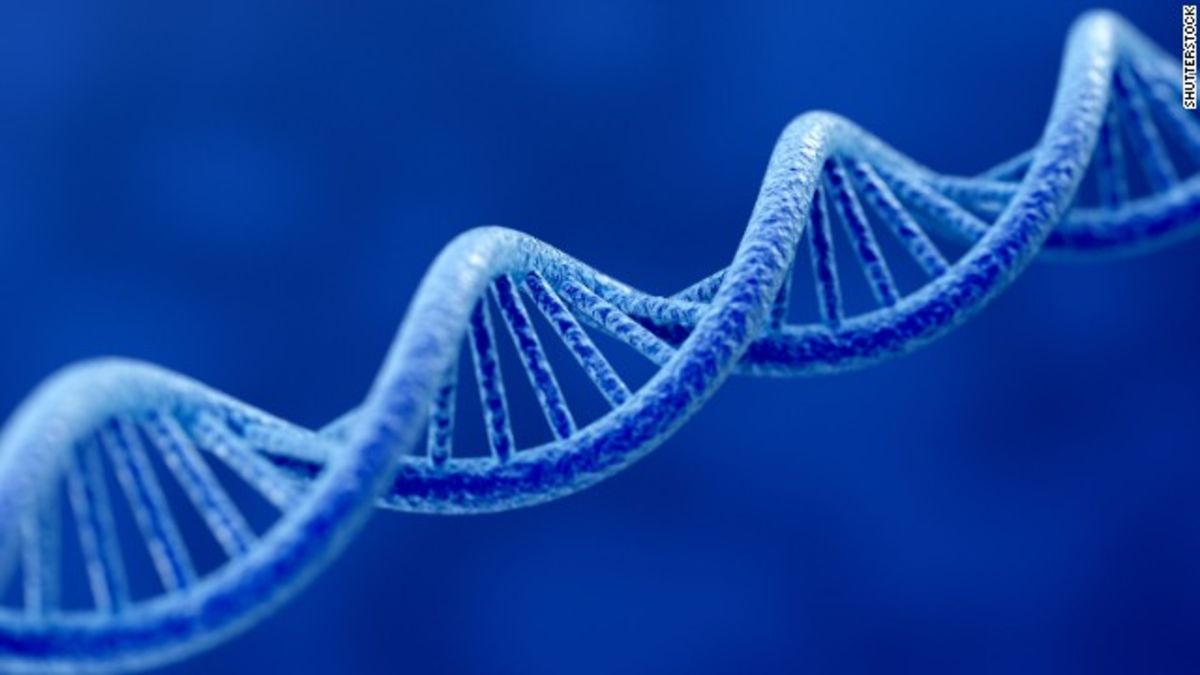Scientists are closer to creating a reference genome for Indians; 10,000 samples sequenced already

- 28 Feb 2024
Why is it in the News?
The Government’s ambitious Genome India initiative achieved a significant milestone Tuesday as researchers completed sequencing 10,000 healthy genomes from different regions of the country, representing 99 distinct populations.
News Summary:
- The Department of Biotechnology has announced the successful completion of India's '10,000 genome' project, aimed at establishing a comprehensive reference database of whole-genome sequences within the country.
- This milestone marks the creation of a detailed genetic map of India, offering significant potential for both clinicians and researchers in diverse fields.
- With India emerging as the largest genetic laboratory globally, this rich dataset is poised to catalyze advancements in the country's biology sector.
- Notably, India's bio-economy has witnessed remarkable growth, expanding from $10 billion in 2014 to over $130 billion in 2024, signaling a promising trajectory for future development.
- The entirety of the genomic dataset will be housed at the Indian Biological Data Centre (IBDC), serving as a valuable digital resource for research purposes.
- Established in 2022, the IBDC represents India's sole indigenous databank, eliminating the need for Indian researchers to rely on foreign servers for hosting biological datasets.
What is Genome Sequencing?
- Genome sequencing is the process of determining the exact order of the building blocks (nucleotides) that make up an organism's entire DNA, or genome.
- It's like reading the complete instruction manual for life, containing the information needed to create and maintain an organism.
Applications of Genome Sequencing:
- Healthcare: Doctors can diagnose diseases with greater accuracy, personalize treatments, and uncover the causes of rare conditions.
- Agriculture: Scientists can engineer crops with desired traits like disease resistance and improved yield, while breeders select animals with specific characteristics.
- Forensics: DNA profiling aids criminal investigations and paternity testing.
- Conservation: Studying the genetic diversity of endangered species helps with conservation efforts while analyzing invasive species' origins aids in controlling their spread.
What is the Human Genome Project (HGP)?
- Initiated in 1990, the Human Genome Project aimed to elucidate the entire sequence of the human genome.
- In 2023, the project culminated in the release of the latest version of the complete human genome, boasting a mere 0.3% error margin.
- Enabled by the Human Genome Project, whole-genome sequencing facilitates the examination of an individual's genome to uncover deviations from the average human genome.
- These deviations, or mutations, offer insights into an individual's susceptibility to diseases, their responsiveness to specific stimuli, and other pertinent genetic attributes.
About the Genome India Project:
- The Genome India Project stands as a pioneering initiative approved by the Department of Biotechnology, geared towards gene mapping.
- This project sets out with the ambitious objective of compiling an exhaustive repository documenting genetic diversity across the Indian populace.
- At its core, the endeavor seeks to conduct genome sequencing for more than 10,000 individuals spanning various geographic and ethnic backgrounds within India, ultimately laying the groundwork for a standardized reference genome specific to the Indian demographic.
Significance of the Genome India Project:
- Unveiling Unique Genetic Variants: The Genome India Project holds the key to unraveling genetic variants exclusive to India’s diverse population, enabling tailored drug formulations and therapeutic interventions.
- For instance, mutations like MYBPC3, linked to premature cardiac arrest and prevalent in 4.5% of Indians, underscore the necessity of region-specific genetic insights, contrasting with global rarity.
- Similarly, the discovery of the LAMB3 mutation, causing a severe skin disorder and impacting nearly 4% of the population around Madurai, emphasizes the localized genetic complexities absent in global databases.
- Comprehensive Database for India's Population: With a colossal population exceeding 1.3 billion, India boasts a mosaic of over 4,600 distinct population groups, many practicing endogamy.
- This vast demographic diversity underscores the need for a comprehensive genetic database tailored to India's populace, crucial for identifying and addressing disease-causing mutations prevalent within specific groups.
- Unlike extrapolating findings from global datasets, the Genome India Project provides precise genetic insights essential for Indian-centric healthcare strategies.
